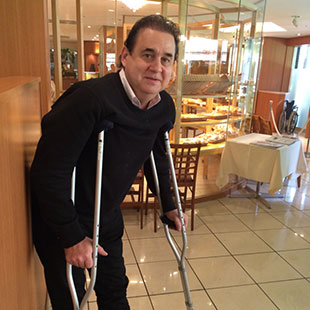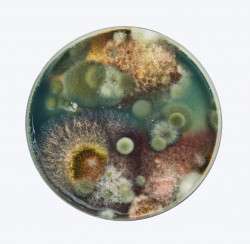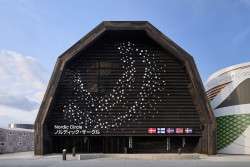
For all its faults, Japan has one of the best medical systems in the world. I began this column from the room where I was hospitalized for nearly a month with what was originally pneumonia and eventually became something more serious.

The upside of the medical system: A well-run, organized and affordable medical plan. Payment is decided on a sliding scale based on income.
The downside? It can be a confusing, impersonal, one-size-fits-all type of insurance scheme if you don’t follow a few simple tips.
First, find a hospital or clinic you like and a doctor you feel comfortable with. Your personal doctor will serve as the key to all your medical care and refer you to various specialists. Keep all consulting through him or her.
Second, do research. Japanese doctors have a habit of asking you which course of action you’d prefer, which can be confusing if you’re unprepared. The good news is if you have information about the available treatments or tests, more often than not they’ll make it happen without a fuss.
There used to be two key hospitals for the international community: The Tokyo Adventist Hospital in Ogikubo and St. Luke’s in Tsukiji. Sadly, the Adventist has taken a hit, and having just returned there for over a month, I can see it’s no longer an international hospital but a niche, “regular” hospital that’s somehow become extremely unfriendly to non-Japanese patients.
Ken Joseph Jr. directs The Japan Helpline at www.jhelp.com, which has been helping the international community 24/7 since 1975. Just press “Help!”
Doctor Finders
- The Himawari Tokyo Health Institution Finder Service allows you to search for hospitals and clinics by postal code or nearest station, including options for the type of medical service required and language, with English, Cantonese, Mandarin, Tagalog, Portuguese, French, German, Korean and half a dozen others on the list. Run by the Tokyo Metropolitan Government, the site also offers access to emergency translation services in five languages from 5-8pm on weekdays and 9am-8pm on weekends.
www.himawari.metro.tokyo.jp/qq/qq13enmnlt.asp - The Embassy of the United States lists medical resources in Tokyo and surrounding areas, subdivided by type and covering Kanto and parts of Chubu, Hokuriku and Tohoku. It includes a list of sites for general healthcare information in Japan, a list of mental health professionals, and sources for free telephone interpretation.
- The Expat’s Guide to Japan lists Tokyo hospitals and clinics with foreign language services.
http://expatsguide.jp/ch12/tokyolist - Realestate-Tokyo.com also has a list of English-speaking doctors and hospitals by ward (Tokyo only).
www.realestate-tokyo.com/info/hospital
English-speaking Hospitals & Clinics
- American Clinic Tokyo (www.americanclinictokyo.jp)
- National Center for Global Health and Medicine (www.ncgm.go.jp/eng/)
- Primary Care Tokyo (http://pctclinic.com)
- Roppongi Hills Clinic (www.66clinic.com/english/)
- Sanno Medical Center (www.sannoclc.or.jp/english/)
- St. Luke’s International Hospital (http://hospital.luke.ac.jp/eng)
- Tokyo Medical and Surgical Clinic (www.tmsc.jp)
- Tokyo Midtown Medical Center (www.tokyomidtown-mc.jp/en/)







